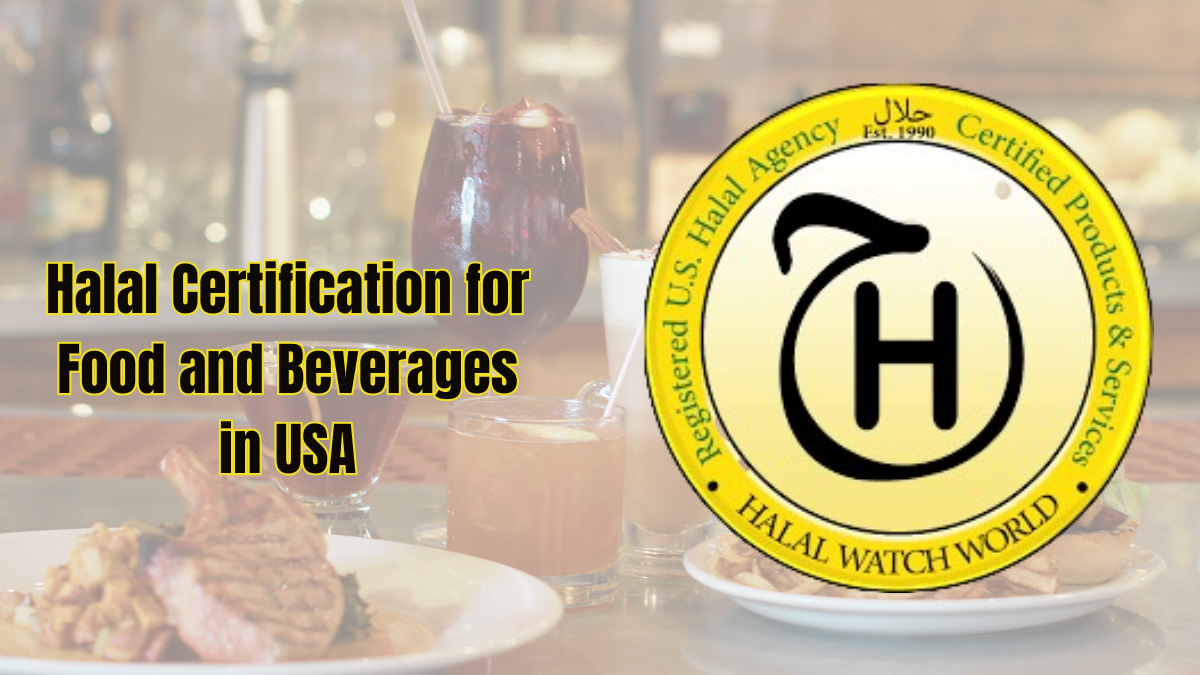The demand for halal food certification in USA continues to grow rapidly as Muslim consumers seek assurance that their food complies with Islamic dietary laws. With over 8 million Muslims residing across America, manufacturers and food businesses are increasingly pursuing proper certification to tap into this expanding market worth billions of dollars annually.
Understanding Food Standards
Halal food certification requirements have become more standardized across the United States, though they vary by certifying body. The certification process ensures that products meet Islamic dietary guidelines throughout the entire supply chain, from ingredient sourcing to final packaging. Products must not contain pork, its derivatives, alcohol, or other non-halal substances, and all ingredients must be free from these prohibited items.
Modern food standards halal certification encompasses comprehensive documentation and auditing procedures. Businesses must maintain detailed records of product sourcing, storage conditions, and handling procedures for all Halal items, including certification details, product handling guidelines, and employee training records. This rigorous approach ensures transparency and builds consumer confidence.
Core Requirements for Food Certification
Obtaining halal certification for food involves meeting specific criteria that address both ingredients and production processes. Meat and poultry must be slaughtered according to Islamic guidelines (zabiha), ensuring humane treatment and a clean slaughtering process. The certification extends beyond just avoiding prohibited substances to encompass the entire manufacturing environment.
Manufacturing facilities must prevent cross-contamination between halal and non-halal products. This includes separate production lines, dedicated storage areas, and thorough cleaning protocols between different product runs. Staff training forms another critical component, ensuring all personnel understand halal requirements and proper handling procedures.
Beverage Industry Standards
Halal Certification for Beverages presents unique challenges due to the complex nature of flavoring agents and processing aids used in drink production. Many beverage manufacturers face scrutiny over ingredients that may not be immediately apparent to consumers but could affect halal status.
The beverage certification process requires detailed analysis of all components, including natural and artificial flavors, colors, preservatives, and processing aids. Manufacturers must provide comprehensive ingredient declarations and source documentation to demonstrate compliance with Islamic dietary laws. This thorough approach ensures that even trace amounts of prohibited substances are identified and eliminated.
Popular Soft Drink Considerations
The question of dr pepper halal certification frequently arises among Muslim consumers. Unlike some beverages, Dr Pepper generally does not carry halal certification labels, and the company doesn’t disclose the origins of its flavoring agents, which raises concerns for strict halal consumers. This uncertainty highlights the importance of explicit certification for beverage products.
Halal soft drinks certification requires manufacturers to address every aspect of production, from water treatment processes to flavoring systems. Many major beverage companies now pursue certification to clearly communicate their products’ status to Muslim consumers, eliminating any ambiguity about permissibility.
Market Growth and Consumer Demand
The halal beverages market segment continues expanding as manufacturers recognize the economic opportunity. Muslim consumers increasingly seek certified products, driving companies to invest in proper certification processes. This trend extends beyond traditional Muslim-majority regions to mainstream American markets where halal products appeal to health-conscious consumers regardless of religious affiliation.
Beverage product certification now encompasses not just religious compliance but also quality assurance and ethical sourcing practices. Many consumers view halal certification as an indicator of higher manufacturing standards and ingredient transparency, broadening the appeal beyond the Muslim community.
Certification Process and Requirements
Achieving halal beverages certification typically involves multiple steps beginning with application submission and preliminary assessment. Certifying bodies conduct facility inspections, review ingredient lists, and evaluate production processes. The certification process can take several weeks to months depending on product complexity and facility size.
Ongoing compliance monitoring ensures that certified products maintain their halal status throughout the certification period. Regular audits, ingredient reviews, and facility inspections help maintain certification integrity and consumer trust.
Trusted Resource for Halal Certificate
Halal Watch serves as a comprehensive resource for businesses and consumers seeking reliable information about halal certification standards and processes. The organization provides guidance on certification requirements, maintains databases of certified products, and offers educational resources about Islamic dietary laws. Through their expert analysis and industry insights, Halal Watch World helps bridge the gap between certification bodies, manufacturers, and consumers, ensuring transparency and accuracy in halal food and beverage certification across the United States.
Future Outlook and Industry Trends
The halal certification landscape continues evolving with advancing technology and growing market sophistication. Digital tracking systems now enable better supply chain transparency, while automated monitoring helps ensure ongoing compliance. These technological advances make certification more accessible to smaller manufacturers while maintaining rigorous standards.
Consumer education remains crucial as awareness about halal certification grows beyond the Muslim community. Clear labeling and accessible information help all consumers make informed choices about products that meet their dietary preferences and ethical standards.
The American halal certification industry demonstrates remarkable growth potential as Muslim populations expand and mainstream acceptance increases. Manufacturers investing in proper certification position themselves advantageously for long-term market success while serving an underserved but rapidly growing consumer segment.

